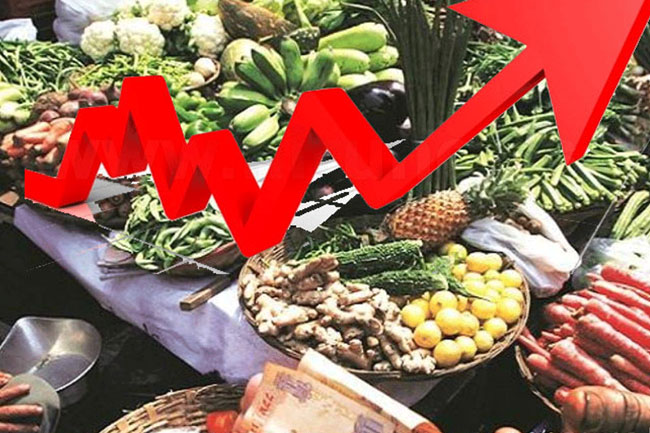Food price inflation remains high in South Asia – World Bank
December 27, 2022 07:26 pm
The World Bank Food Security Update has revealed that domestic food price inflation continues to remain high in almost all low- and middle-income countries and high-income countries.
While the countries affected most are in Africa, North America, Latin America, South Asia, Europe, and Central Asia, in real terms, food price inflation exceeded overall inflation (measured as year-on-year change in the food component of a country’s Consumer Price Index (CPI)) in 89.6 percent of the 163 countries for which food CPI and overall CPI indexes are both available.
Sri Lanka scored nominal food inflation of 81 percent, making it to this week’s 10 countries with the highest (nominal) food price inflation (using the latest month for which data are available between May and August 2022).
The Index noted, however, that the high incidence of climatological shocks, depletion of foreign currency reserves, and depreciation of local currencies have kept food prices above normal and made healthy food less affordable in the South Asian region as a whole.
In September 2022, year-on-year consumer price inflation for food was 66 percent in Sri Lanka, 36.2 percent in Pakistan, 8.5 percent in Bangladesh, and 8.1 percent in Nepal.
While acknowledging that during this past summer, floods caused by higher-than-normal monsoon rains in some parts of South Asia and less-than-normal rainfall in other parts have widely disrupted current and future food production, commenting specifically on Sri Lanka’s situation, the Index noted that shortages and high costs of fertilizer and reduced rainfall in the southern and central provinces may decrease crop harvests in the upcoming production season by up to 50 percent.
In addition, the challenging macro-economic environment has led to a significant shortage of imported cereals (1.27 million out of 2.2 million tonnes), and a (temporary) import ban has led to shortages of farm and food processing inputs.












